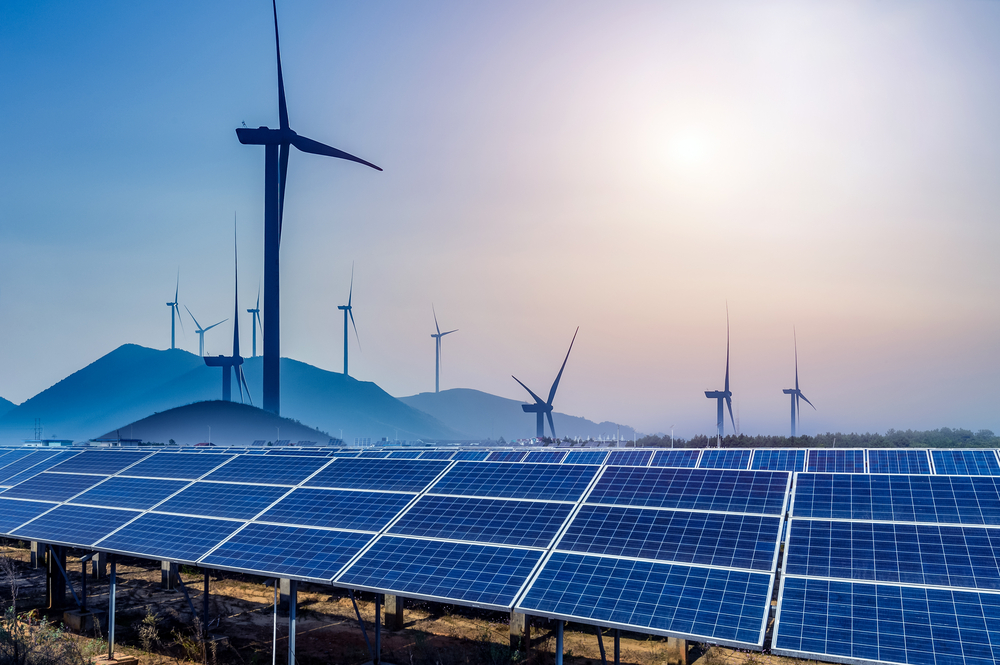Analysis by GlobalData said the portfolio restructuring will help the industry’s largest companies to reduce their carbon intensity

Within the renewable power sector, solar and wind energy are expected to show the highest growth rates over the next 10 years (Credit: Shutterstock/hrui)
The oil majors are actively pursuing renewable power projects for long-term sustainability as demand for fossil fuels is expected to fall in the coming years, says an analyst.
Analysis by data and analytics firm GlobalData said the portfolio restructuring will help the industry’s largest companies to reduce their carbon intensity and align themselves with the changing energy mix in the long run.
It claims oil and gas engineering, procurement and construction (EPC) vendors are enabling the energy transition by “building capabilities to set up renewable energy infrastructure”.
“Global power demand is expected to grow at a compound annual growth rate (CAGR) of 2.5% from 2020 to 2030,” said Ravindra Puranik, oil and gas analyst at GlobalData.
“A significant portion of this will be fulfilled by renewable power generation. This growth outlook makes renewable power a key market for players across the energy sector, including oil and gas companies whose traditional market is at risk amid the transition to low-carbon sources.”
Oil majors BP, Equinor and Shell investing in renewable power projects
Within the renewable power sector, solar and wind energy are expected to show the highest growth rates over the next 10 years.
GlobalData projects solar power generation, including solar PV and solar thermal, to grow at a compound annual growth rate (CAGR) of 11.9% between 2020 and 2030.
Meanwhile, onshore and offshore wind segments are expected to collectively grow at a CAGR of 9.4% over the same period.
“Various governments are actively focusing on reducing carbon emissions and have enacted laws to facilitate decarbonisation in their countries,” said Puranik.
“Electrification, based on renewable energy sources, is an ideal approach to reduce carbon emissions. It also marks a strategic shift away from fossil fuels in the global effort to mitigate the threat to climate change.”
A key driver enabling the transition to renewables is falling costs. Traditionally, clean energy projects had a significant cost disadvantage over coal- and gas-fired power plants.
But in recent years, their economic competitiveness has improved significantly due to government policies and incentives, as well as technological advances.
“This has incentivised oil and gas majors such as BP, Equinor and Shell to invest in wind power generation,” said Puranik. “BP and Total are also leading the way in terms of upcoming solar power capacity.”
GlobalData notes that the growing role of renewable energy poses a “major threat” to fossil fuel-based power generation.
It added that the share of natural gas-based power generation will be “threatened” by renewables growth and is likely to be the “next biggest loser” in the global power generation mix after coal.
